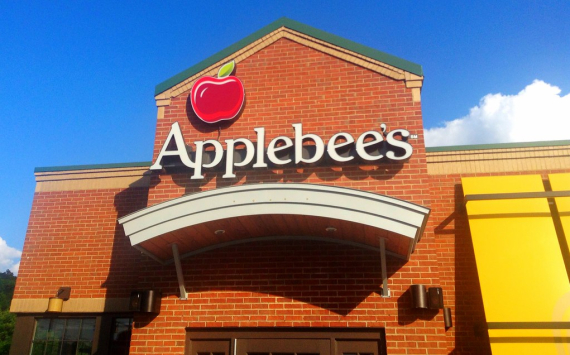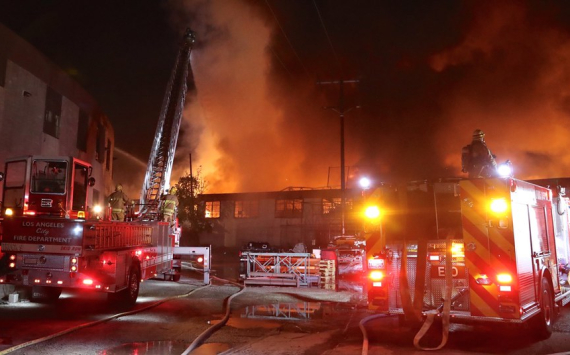
The Tipping Point
US restaurants are facing a dual challenge: high operational costs and customers who are increasingly watching their spending. Now, they’re making a compelling argument to voters: raising the minimum wage for millions of tipped workers might do more harm than good.
In at least four states — Ohio, Arizona, Michigan, and Massachusetts — voters will decide on measures that require restaurants to pay servers a full minimum wage, regardless of tips. Business owners, represented by the National Restaurant Association’s CEO Michelle Korsmo, warn that this could lead to higher menu prices and job losses.
Several regions are already seeing changes. Last year, Chicago approved a similar measure, and DC’s phase-out of the tip credit has led to over 2,800 job losses in full-service restaurants between May 2023 and March, according to Bureau of Labor Statistics data.
In states like California, which don’t have a tip credit, minimum wage hikes for fast food workers to $20 an hour have resulted in increased menu prices and predictions of up to 90,000 job losses, Bloomberg Economics reports.
Supporters argue that the change is necessary. “Workers shouldn’t be at the mercy of customer biases or economic fluctuations,” said Saru Jayaraman, president of One Fair Wage. Proponents believe that ending sub-minimum wages can lift millions out of poverty and reduce workplace discrimination and harassment.
Restaurants in cities adopting these measures are preparing for significant cost increases. For example, Chicago eateries anticipate a 15% rise in costs, and many workers already earn above the minimum wage before tips, according to data from Square.
The debate over who should bear the cost of restaurant wages is intensifying. As the November votes approach, it’s crucial for all sides to clearly communicate the potential impacts, ensuring voters make informed decisions.
Both industry representatives and worker advocates agree: now is the time to engage with the public and present clear, compelling arguments on this critical issue affecting the future of the restaurant industry.










































